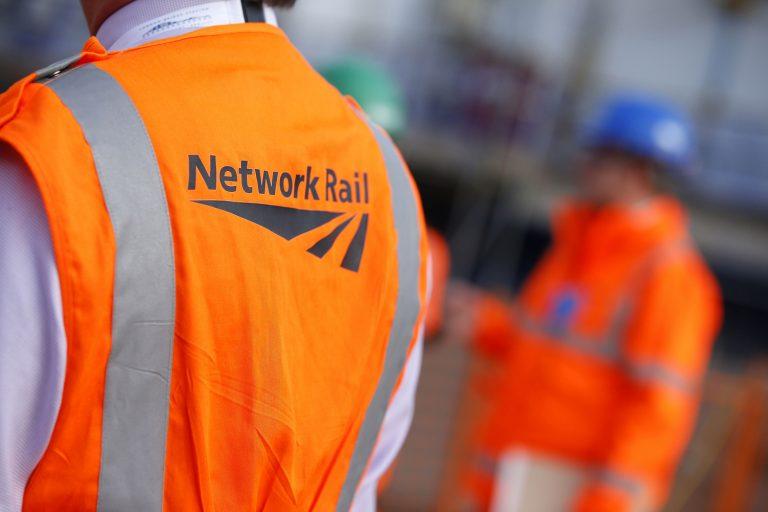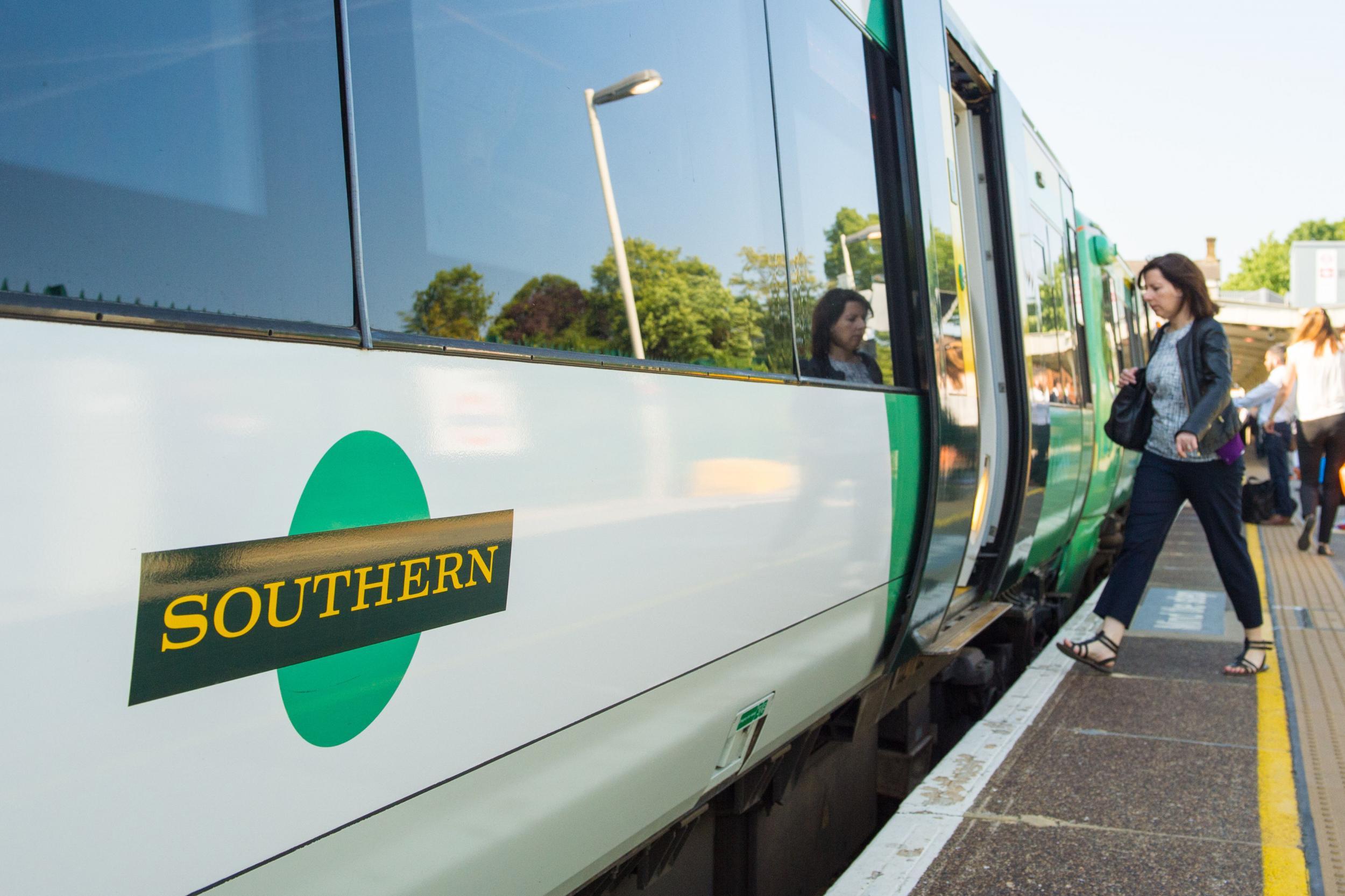
With train fares set to rise again today, commuters’ anger over Britain’s overpriced, under-performing rail service once again bubbles to the surface. The news that fares have increased at double the pace of wages over the past six years will surprise no one who commutes by rail, and helped along by Jeremy Corbyn, has stirred up serious anti-privatisation sentiment.
British Rail was privatised in 1993 and has since seen a rise in the number of passengers and journeys offered – as well as ticket prices. However, the UK’s rail network is more complicated than simple private/public status – Network Rail was set up by the government in 2002 and owns and operates most of the rail infrastructure in England, Wales and Scotland, with the government giving train companies subsidies to run services for a certain period.
Labour leader Jeremy Corbyn has made no secret of the fact that, should he become Prime Minister, the state would assume control of private rail franchises as they expire – making a third of the network publicly owned by 2025. With prices rising by 25 percent in the last six years alone, several groups have lobbied for the re-nationalisation of the UK’s rail network.
Research by WeOwnIt suggests taking back the railways could save £352 million per year. Privately owned companies have a legal duty to maximise returns for shareholders, putting prices above customer satisfaction. Network Rail is wasteful and inadequately managed, yet its bosses take big bonuses – the maximum amount sits at 20 percent of the annual salary, brought down by CEO Mark Carne from its previous limit of 160 percent.
Whilst about half of ticket prices are regulated, the rest are not – making it difficult and time-consuming for customers to suss out the best deal. Tickets in the UK cost nearly twice as much as other European countries, including France, Italy and Germany, who have more high speed networks and better infrastructure.
In nearly 20 years since its privatisation publicly owned Network Rail has accumulated £41 billion worth of debt, meaning the government may well sell off the remaining ownership of the British railways.
However, whilst YouGov research shows that the majority of the public is behind nationalisation – would it be a better option, or is it simply more of Corbyn’s idealistic rhetoric?

The British government was forced to privatise the railways in 1993 because the network had deteriorated beyond what the government could afford to repair; underfunded, dirty and unreliable, the network’s passenger numbers fell by about a third between 1960 and 1995. Since its privatisation, they have more than doubled in just under 20 years.
Without competition and the motive of customer satisfaction to turn a profit, a nationalised rail network could be inefficient and just as costly as the current arrangement. As it stands, the quasi-privatised system used at the moment ensures that fares and ticketing – or at least, 50 percent of them – are controlled by regulation, services are subsided by around £4 billion of public funds, and the infrastructure is owned by the tax-payer. This begs the question – will a costly nationalisation process really make any difference?
In 1993, a hasty privatisation plan was pushed through – and it had several law flaws. 20 years on however, the system is starting to work. Undeniably overcrowding is a problem – but the biggest issue causing this is outdated infrastructure rather than inadequate train companies. If Network Rail can modernise the railways and work with the franchise holders, both bound by legal standards, there is no reason why the British rail network cannot thrive without nationalisation.
Miranda Wadham on 16/08/2016
